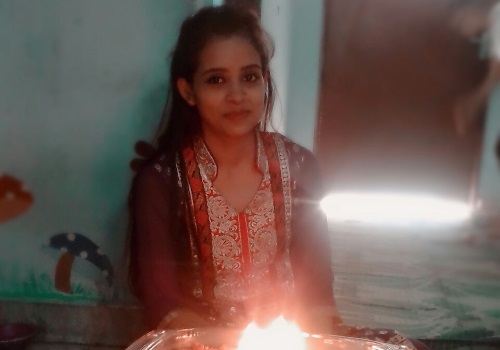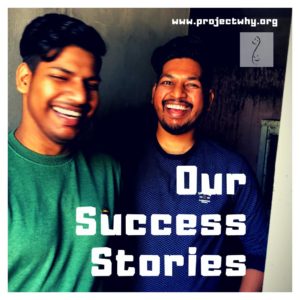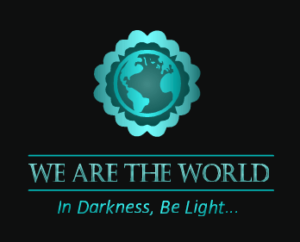Muslim women are among the most educationally disenfranchised, economically vulnerable, and politically marginalized group in India. Their poor socio-economic status reflects a lack of social opportunity that, though not a feature exclusive to Muslim women, is exacerbated by their marginal status within an overall context for most Indian women.
Muslim women in India have a low literacy rate compared to the Hindu women. About 59 per cent of Muslim women have never attended school. A relatively low male education amongst the Muslims in rural India creates a pressure to impose ceilings on girls’ education, so as not to render them “unmarriageable”. In addition, the low age of marriage is a major inhibiting factor, which reduces women’s autonomy and agency in the marital home and creates conditions of patriarchal subservience that get perpetuated through life. This thereby reduces a woman’s self-worth.
This point is well illustrated by the story of Sehroonisha, a teacher in the special needs section of Project WHY, Govindpuri. Sehroonisha, has always been interested in education. From a very young age she would love going to school. Her dream was to pursue higher education and to have a good stable profession. However, her father did not share this vision and was against her pursuing higher studies as he thought it was a waste to spend money educating girls.
Before her marriage, Sehroonisha lived near Connaught place with her parents, two sisters and three brothers. In spite of her father’s attitude, her mother was supportive of her and would work in people’s homes doing dishes in order to contribute to her education. Sehroonisha eventually graduated with a Bachelor of Arts degree in 2009.
Upon graduation in 2009, Sehroonisha’s father got her married at the age of 20 years to a man who had only been educated until Class 3. “I had to accept my father’s decision at the time” rues Sehroonisha. She held out hope that, through marriage, she could improve her life and explain her interests to her husband. However, her husband did not share the same passion for education and she found that his thinking was on similar lines to her father’s – that is, education is a waste for women.
Sehroonisha had a daughter and a son through the marriage, and soon realised she was the sole provider for them. In spite of her difficulties, she wanted to do something different in her life and stand on her own two feet. She came to know about Project WHY as we had put up a requirement for teachers; it seemed like the perfect platform to change her life. Today she emphasises the impact that the Project has had on her life, saying “Project WHY gave me an opportunity to teach and slowly I was able to rebuild my confidence and take my own decisions with their support.”
With the conducive environment of Project WHY, Sehroonisha has been able to articulate and define her dreams. She acknowledges “All my problems are yet not solved but Project WHY has taught me how to address them with my own abilities”. Today, Sehroonisha enjoys her role as a teacher at the special section of Project WHY, Govindpuri. She has been with us since 2015 and has now taken on the responsibility of looking after the children’s daily activities.




